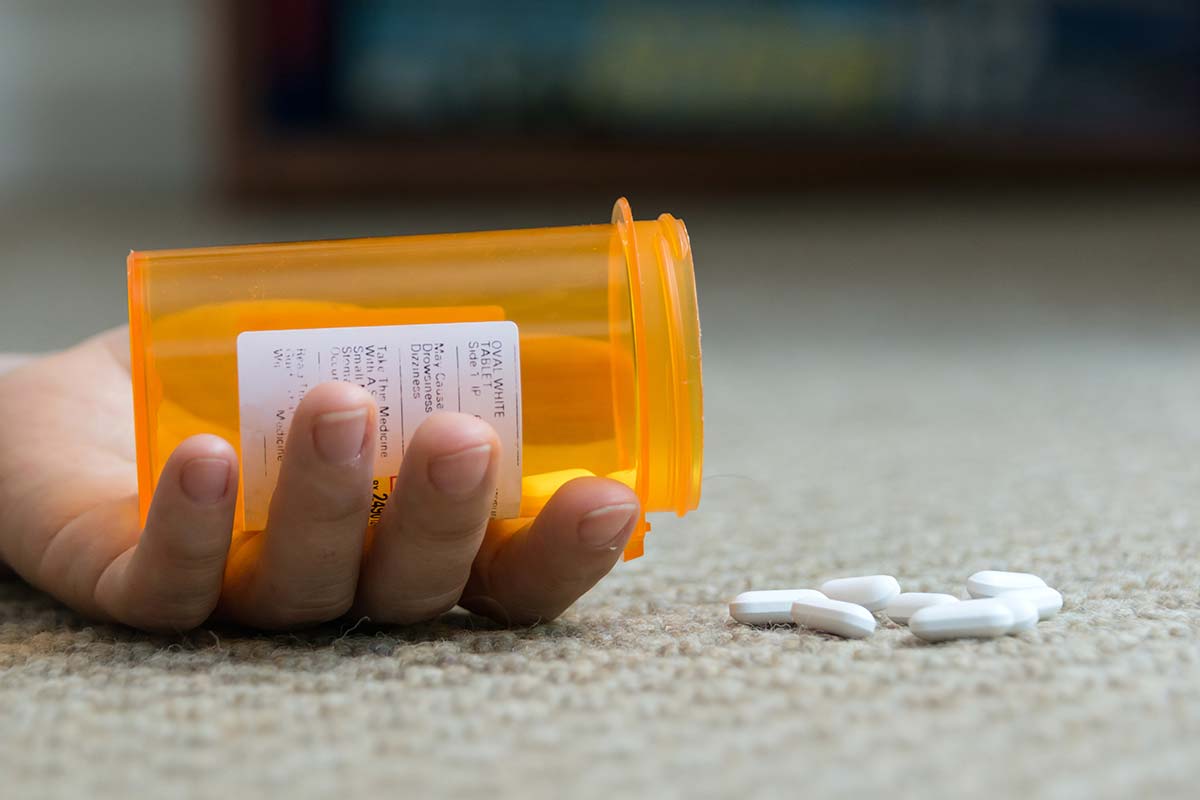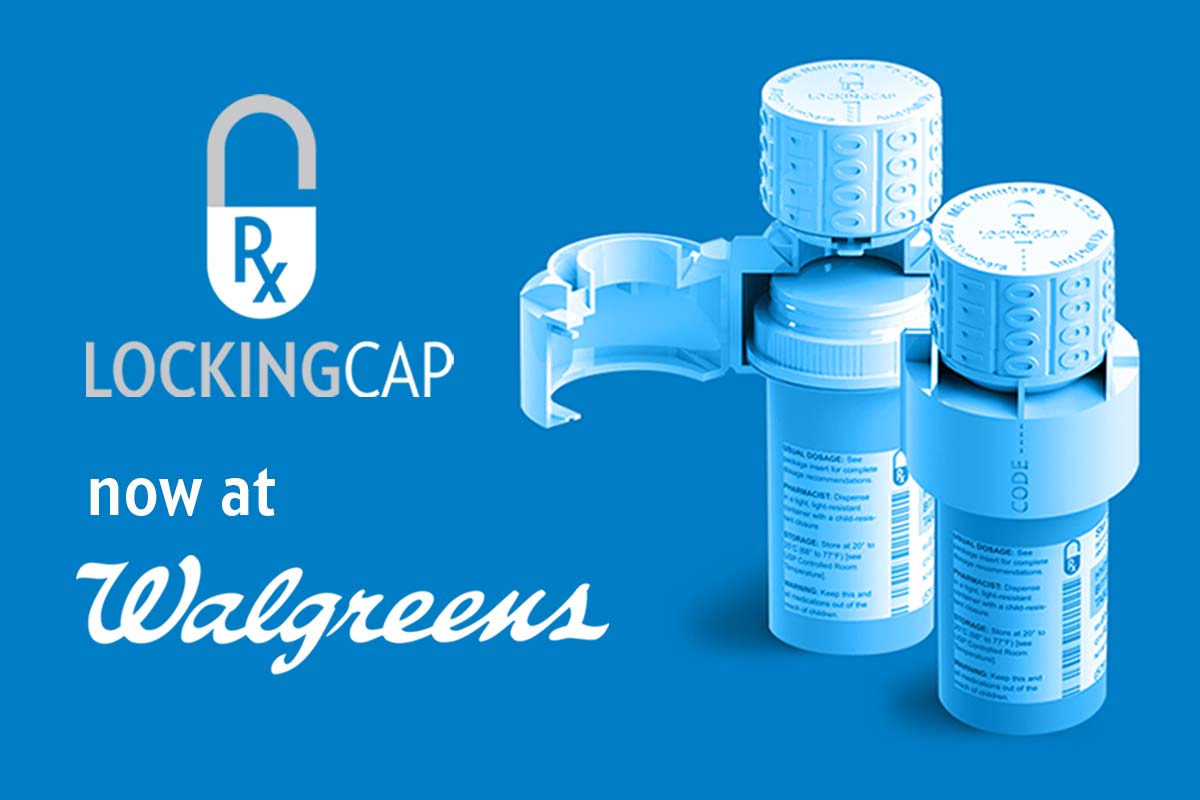The Covid-19 pandemic has had a devastating impact on the opioid epidemic, making treatment for opioid use disorder more difficult for patients.
Pandemic Disrupts Medical System, Reducing Patient Access to Care
The pandemic has deeply disrupted the medical system in the U.S., as health care facilities limited and even canceled elective procedures and outpatient visits.
Fearful of contracting the virus, patients also avoided seeking care for new and urgent conditions. An investigative report published in JAMA Internal Medicine found decreases in emergency department visits that ranged from 41.5% in Colorado to 63.5% in New York, with the most rapid rates of decrease in visits occurring in early March 2020.
Medical Assisted Treatment Challenges During COVID-19
Even before the pandemic began, only a minority of people with opioid use disorder (OUD) received evidence-based treatment with medications, and many people who use drugs struggled to get access to lifesaving harm reduction services like syringe service programs.
“People with substance use disorder already face many obstacles to treatment,” reports HealthAffairs.org. “However, public health precautions such as social distancing and self-quarantine—necessary measures, by all accounts, to contain the spread of COVID-19—are more than inconveniences to a person struggling with addiction. They are risk factors for relapse that can impede access to highly regulated but critical medications such as methadone and buprenorphine.”
Can Changes in Medication-Assisted Treatment Help Opioid Patients?
Medication-Assisted Treatment (MAT) is the use of FDA approved medications used in combination with counseling and behavioral therapies for the treatment of substance abuse disorders.
Buprenorphine, methadone, and naltrexone are used to treat opioid use disorders to short-acting opioids such as heroin, morphine, and codeine, as well as semi-synthetic opioids like oxycodone and hydrocodone.
These powerful medications are often dispensed in-person at a treatment clinic or other healthcare setting. And this in-person treatment is one of many “non-emergency” treatments that have been negatively impacted by the COVID-19 pandemic.
Some states, such as Indiana, are changing the way MAT programs are handled in the wake of the pandemic. Indiana is removing the need for opioid abuse disorder patients to come to a crowded treatment clinic for MAT medications, choosing to send medications home in a Safer Lock locking medicine box to slow the spread of coronavirus while ensuring patients get the treatment they need.
Pandemic Worsening the Opioid Epidemic
This is one solution to the complicated issue of patient safety during the pandemic. Because experts fear that once the pandemic is over, the opioid epidemic will still be raging. Worse, issues like decreased access to treatment may even result in an increase in opioid use disorders and deaths from opioid overdose; in short, the pandemic may be worsening America’s opioid epidemic.
“The fear and uncertainty associated with social and economic distress, along with mandated isolation, can aggravate anxiety and depression—and many people will self-medicate with drugs and alcohol to ease the stress. It is a known fact that the path to addiction is littered with loneliness and disconnection. Because of this tragic confluence of viral outbreak and necessary countermeasures, we are likely to emerge from the coronavirus pandemic with more new people suffering from addiction and more people who have fallen out of treatment and relapsed.” - HealthAffairs.org.
Find out how Gatekeeper’s medication locking devices can help protect against opioid misuse and drug diversion. Contact our team for more information.



